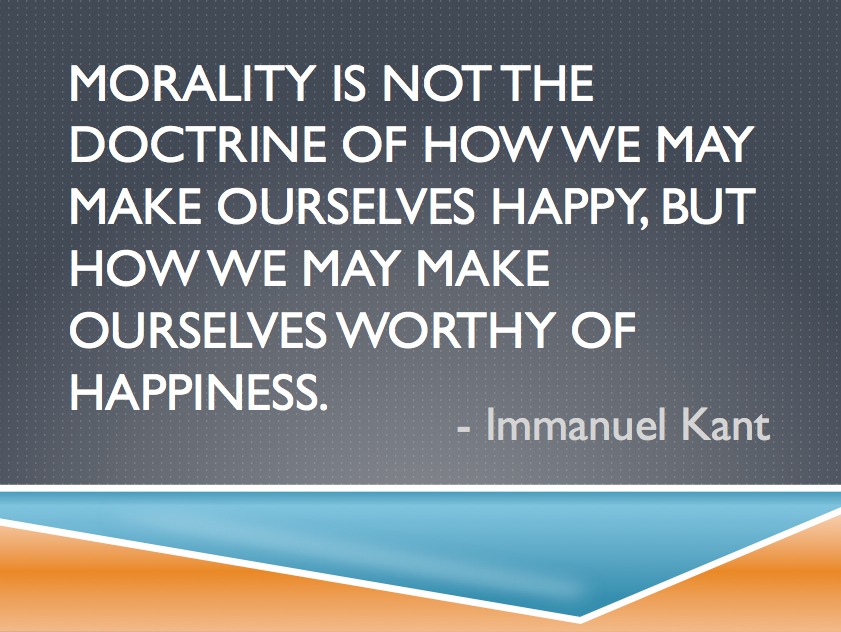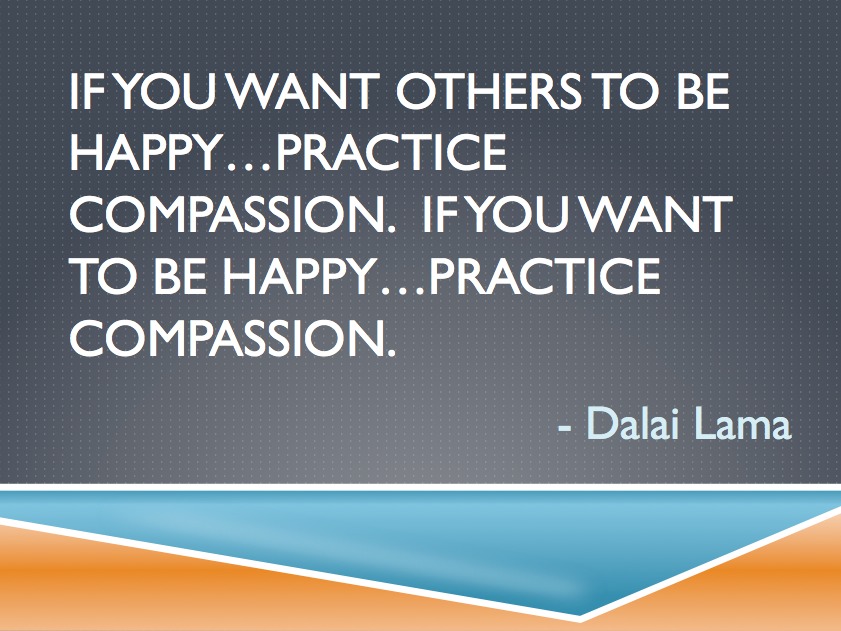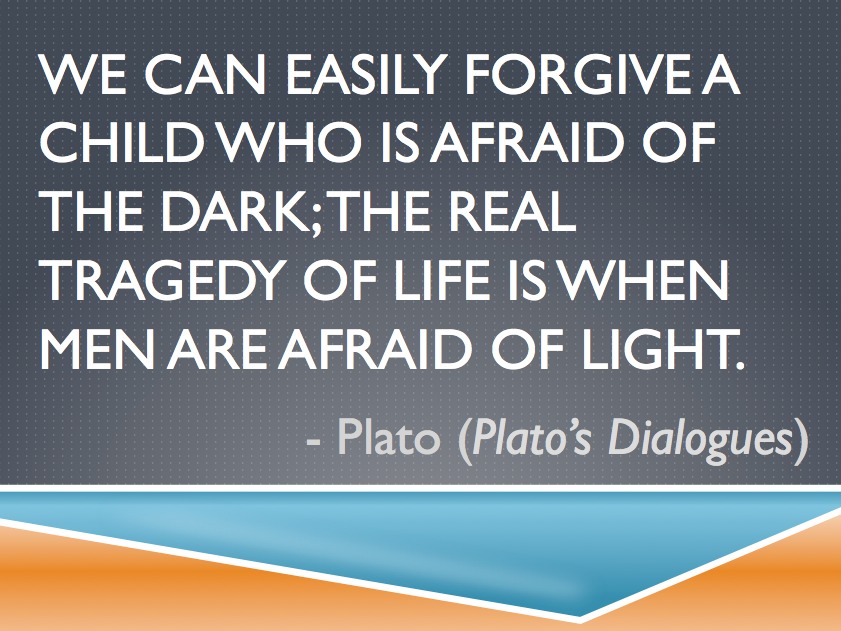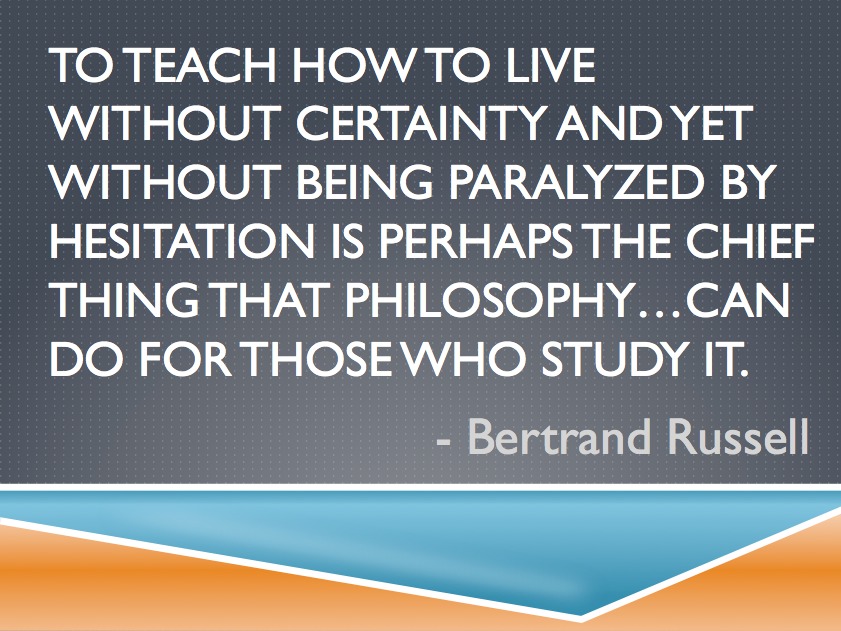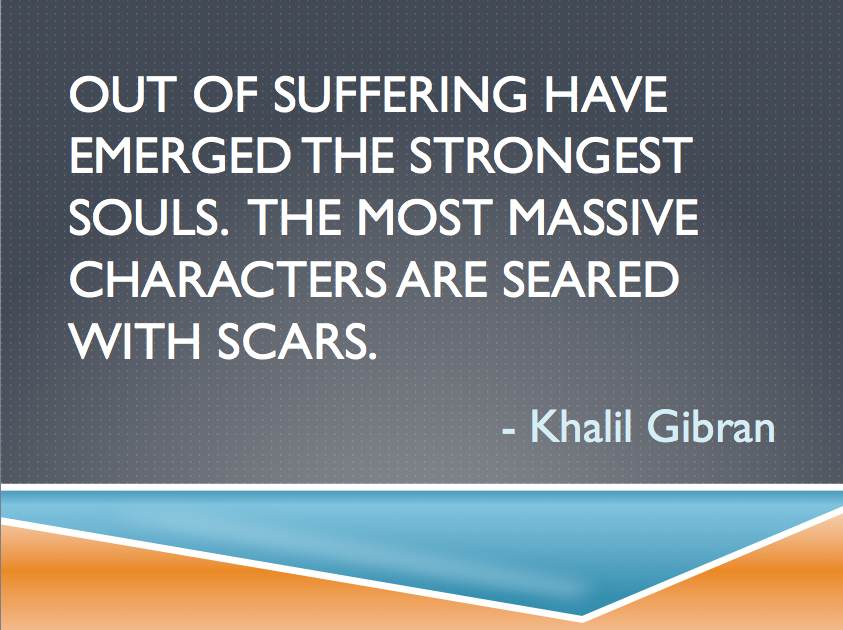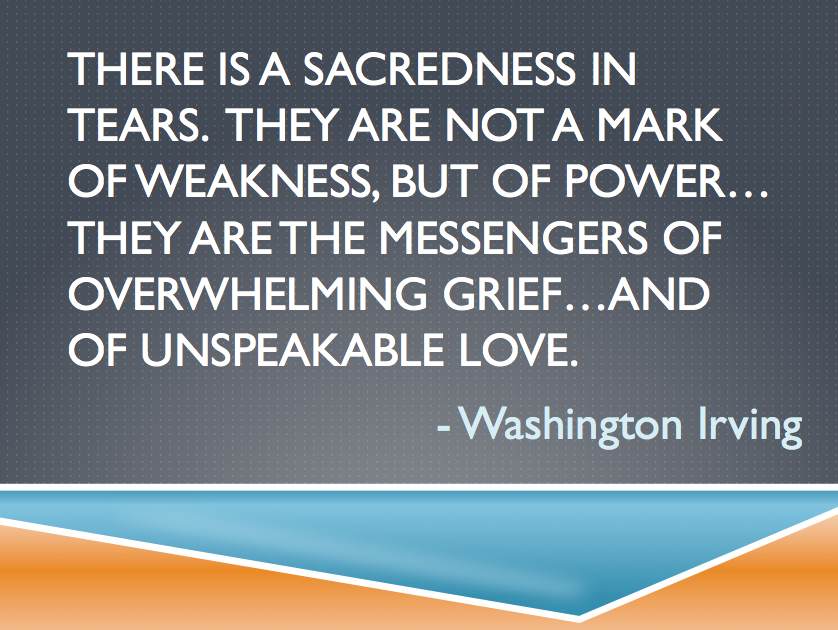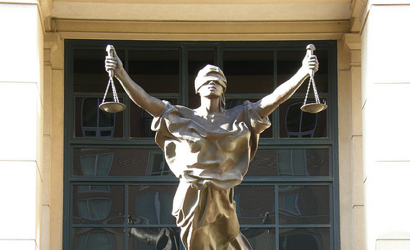 Big thank you’s to David Nowakowski for facilitating our gathering this month! Our group had a great time. As per the norm, our think & drinkers proposed several possible questions to explore:
Big thank you’s to David Nowakowski for facilitating our gathering this month! Our group had a great time. As per the norm, our think & drinkers proposed several possible questions to explore:
- What is “success” in environmentalism?
- When, if at all, is consuming/using animals justifiable?
- When a group of people take justice into their own hands, conspiring to kill a murderer, how should we treat them? Let them go, punish them?
- This question was inspired by a recent Grand Street Theatre performance of Agatha Christie’s Murder on the Orient Express, and subsequent movie adaptations, as well as the book.
- This question was inspired by a recent Grand Street Theatre performance of Agatha Christie’s Murder on the Orient Express, and subsequent movie adaptations, as well as the book.
The Question We Chose…
- When a group of people take justice into their own hands, conspiring to kill a murderer, how should we treat them? Let them go, punish them?
Some Things We Explored in the Process…
While the question was initially about what Poirot, the detective, should have done, we spent the first hour or so examining the conspiracy itself, as what seemed to be a necessary first step. We quickly listed off three major harms/wrongs in what the group did:
- Killing someone (obviously)
- The conspiracy to do something bad (which seemed to many of us to amplify the wrong, as contrasted with a sudden, unplanned “crime of passion”)
- Any peer pressure or coercion that might have happened (one member of the group being pressured into “going with the crowd” and taking part against their own better judgement)
We then considered the epistemic question of what, if anything, it means for each individual conspirator to be supported by the others. While there might be a problem of convergence, and we don’t want to say that a group, or even a majority, can make anything at all acceptable, we also saw some room for confirmation if each individual came to the conclusion (of what to do and why) independently of the others.
At two different points, we took a comparative look at the local Montana history of vigilante justice — helped at the end of the night by one of our Think & Drinkers, who shared some really extensive knowledge derived from his work at the Montana Masonic History Museum here in town. We noted the difference between what the (various and diverse) vigilance committees in Montana did — in carrying out their hangings publicly and in full view — as contrasted with the way the train conspirators tried to hide what they were up to.
We also noted some of the subtle complicating circumstances that were involved in the original case: the exotic setting (the “Orient”) along with the various jabs at the alleged/perceived incompetence of the local authorities, as reflective of colonialist attitudes; the way in which Poirot himself was present purely by accident on vacation, and not in anything remotely resembling an official capacity; being in a remote location, at least temporarily beyond the reach of institutions of justice (another parallel to Montana’s territorial days); and so on. All these added challenging layers to the moral questions.
In the end, the general sense of the room (though not without some reservations) seemed to be that a wrong had been done by the conspirators (amplified and made worse by the way in which they planned and carried out the deed), and that Poirot was wrong to buy in to the conspiracy, by relating their false story blaming a non-existent other person as the killer to the local authorities.
Thank you to the Philosophy Learning & Teaching Organization (PLATO) and Montana Internet for supporting philosophy in the community and helping us bring activities like these to the Helena community!











